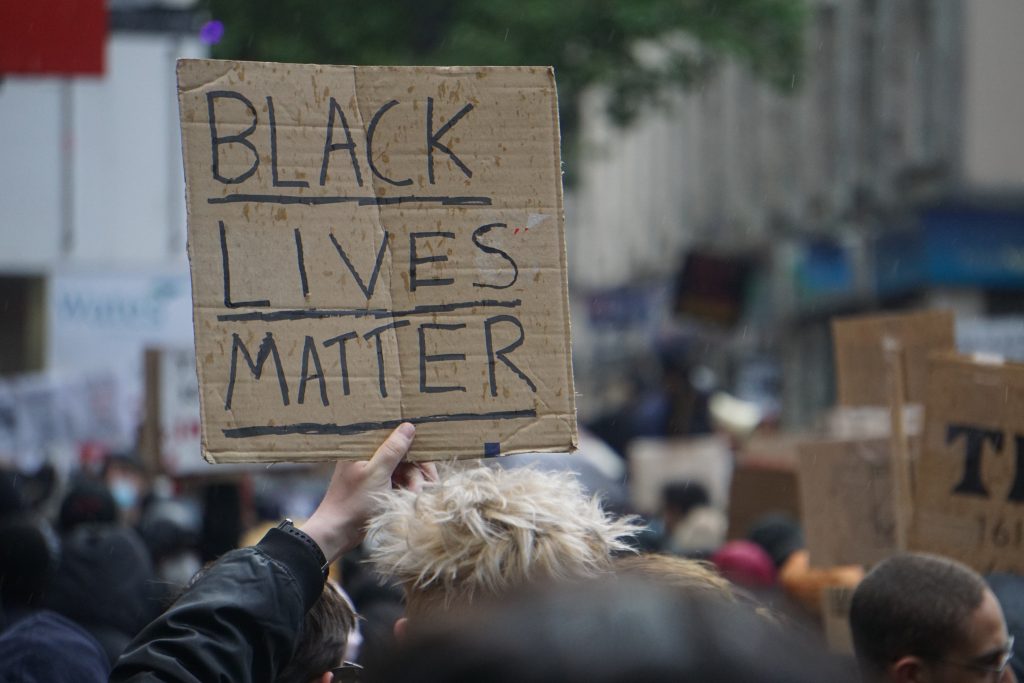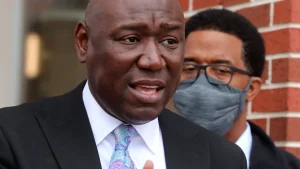It has been three years since David Lammy published his Review indicating that the Criminal Justice System (CJS) is lagging behind other institutions in its duty to tackle systemic racism.
There have been several enquiries, working parties and commissions tasked with identifying the issues around racial disparity and producing detailed and evidence-based recommendations for reform. For example, the 2017 Lammy Review, the Angiolini Review into deaths in police custody, JUSTICE’s 2017 report ‘Increasing Judicial Diversity’, the Young Review and the 1999 Macpherson Inquiry.
In the wake of the government’s announcement that it intends to set up a Commission on Race and Ethnic Disparities, commentators and stakeholders have protested that the time for discussion is over. The recommendations have been made. Now the government must take action to implement them.
The CJS must ensure fairness and must be seen to be fair. A diverse judiciary speaks to both prerogatives. A representative judiciary is vital to the fairness of the justice system and its legitimacy in the eyes of minority groups.
Racial disparity in the CJS is a persistent and multi-faceted issue. Of particular concern is the lack of diversity amongst the judiciary/magistracy and the disproportionate treatment of BAME, mainly black, children in the Youth Justice System (YJS), and the lack of an effective system of ethnicity data collection and interrogation.
The lack of diversity amongst the judiciary is an enduring problem, despite recommendations for addressing this from, amongst others, JUSTICE and Lammy (both 2017). Whilst some of JUSTICE’s minor recommendations have been adopted, the key structural recommendations in both reports have not, including that diversity targets be set and met. In fact, the current justice secretary Robert Buckland believes targets are unhelpful. Since 2017, the appointment of BAME judges has “stagnated”. An increase in applications has not translated into an increase in appointments.
The CJS must ensure fairness and must be seen to be fair. A diverse judiciary speaks to both prerogatives. A representative judiciary is vital to the fairness of the justice system and its legitimacy in the eyes of minority groups.
The Magistracy also suffers from a lack of diversity. This is particularly concerning given the Magistracy plays a pivotal role in the YJS. The Magistrates Association produced a comprehensive report on steps they can take to tackle disproportionality. One key aspect identified is the need for better training. Lack of quality training and an inadequate appraisal system has been consistently reiterated, including in the recent House of Commons Justice Committee Report on The Role of the Magistracy.
Deficiencies in magisterial diversity and training provide the backdrop to the continuing over-representation of BAME children in the YJS. The proportion of BAME children in custody is higher than when Lammy produced his report in 2017. Whilst there have been “encouraging“ improvements in some areas, these have clearly not impacted on the over-representation of BAME children in the CJS. Many of Lammy’s recommendations remain unimplemented. Some, such as Youth Offender Panels, have only been implemented in part. Only in 2020 did the Youth Justice Board begin to consider research into the YJS – despite Lammy’s recommendation that further research be undertaken.
Whilst the government has insisted it is taking steps to tackle racial disparity in the CJS, such statistical data as is available suggests that there has been little improvement and, in some respects, racial disparity has increased.
The Lammy Report highlighted the lack of statistical data on ethnicity and the CJS, and recommended a cross-CJS data strategy, accompanied by rigorous standards for analysis. This is essential because, as Lammy points out, “scrutiny is the best route to fair treatment”.
HMCTS’ 2015 Reform Programme, aimed at improving accessibility to the court system, acknowledged that a “robust strategy for data collection, analysis and sharing” was fundamental to its remit. The Programme offers an ideal opportunity to integrate such a strategy into the courts system. Yet, five years later, despite detailed proposals for collecting ethnicity and other equalities data on court cases, nothing has yet been implemented.
Whilst the government has insisted it is taking steps to tackle racial disparity in the CJS, such statistical data as is available suggests that there has been little improvement and, in some respects, racial disparity has increased. Why, as some commentators have observed, is the government choosing to procrastinate rather than take action? No doubt the complexity and cost of implementation must be a factor – particularly when it comes to the CJS, which the government has repeatedly demonstrated is not a priority. But if the government wishes to seriously tackle this issue, it must commit to considering and implementing the gamut of recommendations at its fingertips.
Francesca Kirby defends and prosecutes a broad range of offences in the Crown and Magistrates Court. This has included appearing in cases involving violence, sexual offences, drugs, dishonesty and confiscation proceedings.
Zoe Chapman has experience defending and prosecuting cases involving dishonesty offences, drugs, RTA, violence and sexual offences, as well as confiscation and forfeiture proceedings.
Both are Criminal Barristers practising from Red Lion Chambers. For more info: www.redlionchambers.co.uk





















